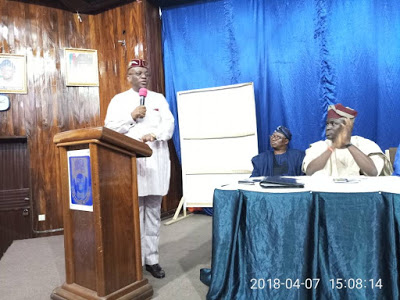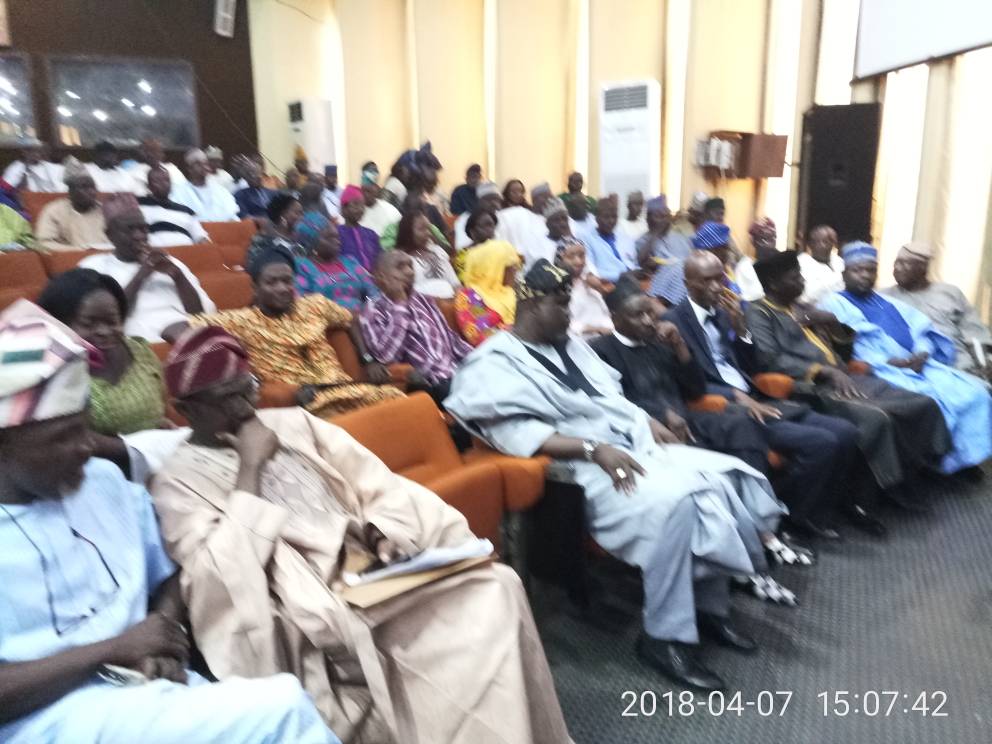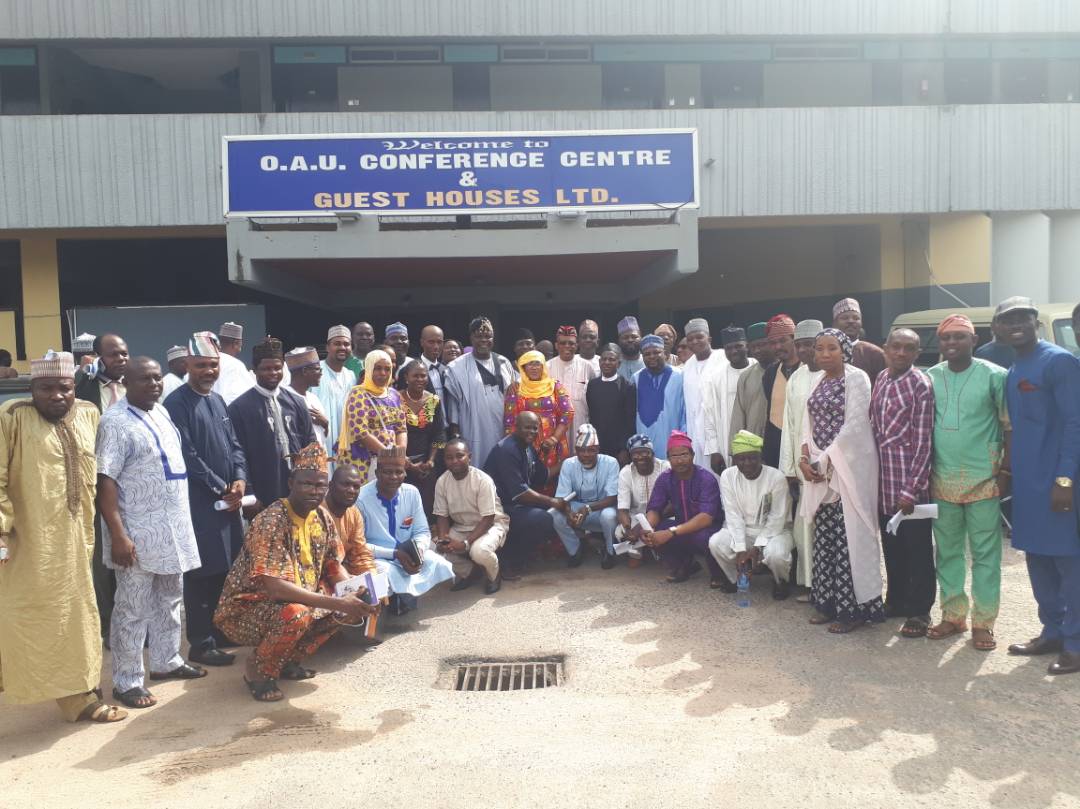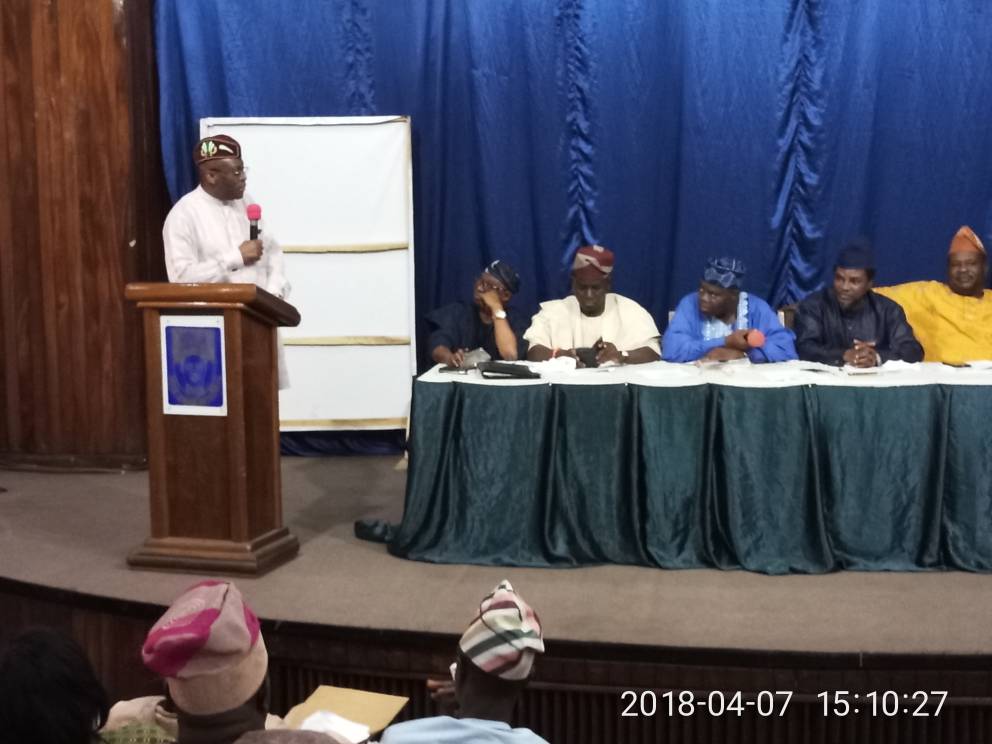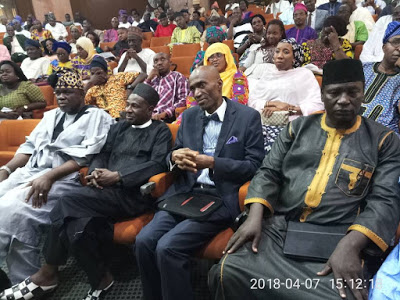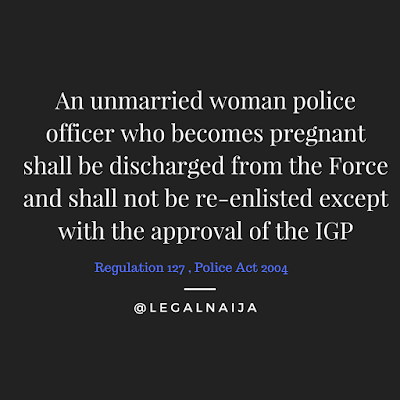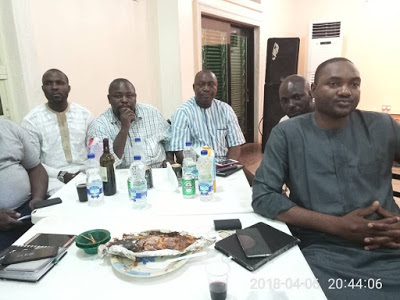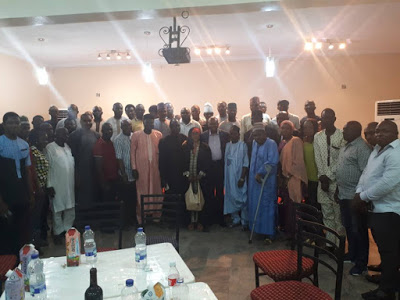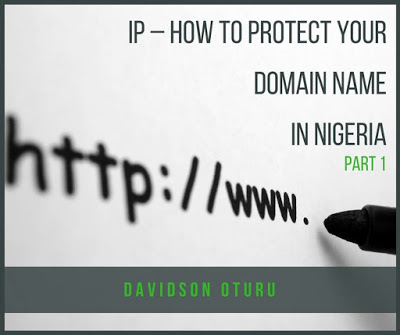
IP – How to protect your domain name in Nigeria | Davidson Oturu

What
is a domain name?
is a domain name?
Simply
put, a domain name can be considered as the name that a person or business
chooses for his/its website. It is used to identify a registered Internet
Protocol (IP) address which online visitors can use to access a website.
Examples of some domain names are “google.com”, “facebook.com” and
“linkedin.com”.
put, a domain name can be considered as the name that a person or business
chooses for his/its website. It is used to identify a registered Internet
Protocol (IP) address which online visitors can use to access a website.
Examples of some domain names are “google.com”, “facebook.com” and
“linkedin.com”.
A
domain name can be regarded as a company’s unique identity and most individuals
and businesses usually invest in registering a domain name. A domain name can
comprise of a combination of letters and numbers. It is however advisable to
choose a name that is distinctive so users can easily identify it. If a common
domain name is selected by a company, it may be difficult building a reputation
with the name and impossible to prevent other competitors from using it.
domain name can be regarded as a company’s unique identity and most individuals
and businesses usually invest in registering a domain name. A domain name can
comprise of a combination of letters and numbers. It is however advisable to
choose a name that is distinctive so users can easily identify it. If a common
domain name is selected by a company, it may be difficult building a reputation
with the name and impossible to prevent other competitors from using it.
Every
domain name is required to have a word (Second-Level Name) and a suffix (Top
Level Domain Name). For example, with the domain name linkedin.com, “linkedin”
is the Second-Level Name and the suffix, “.com”, is the Top Level Domain (TLD).
TLDs can be classified as generic Top Level Domains (gTLDs) and Country-Code
Top Level Domain (ccTLDs). Companies can register their domain names in any
number of TLDs. The company may choose from gTLDs (such as “.com”, “.net”), or
ccTLDs (such as “ng’” for Nigeria and “.za” for South Africa).
domain name is required to have a word (Second-Level Name) and a suffix (Top
Level Domain Name). For example, with the domain name linkedin.com, “linkedin”
is the Second-Level Name and the suffix, “.com”, is the Top Level Domain (TLD).
TLDs can be classified as generic Top Level Domains (gTLDs) and Country-Code
Top Level Domain (ccTLDs). Companies can register their domain names in any
number of TLDs. The company may choose from gTLDs (such as “.com”, “.net”), or
ccTLDs (such as “ng’” for Nigeria and “.za” for South Africa).
Importance
of protecting a domain name
of protecting a domain name
It
is important that you protect your domain name by registering it with a Second
Level Name that is closely related to your brand. Examples of some relatively
popular domain name disputes highlighted below may help to put this in
perspective.
is important that you protect your domain name by registering it with a Second
Level Name that is closely related to your brand. Examples of some relatively
popular domain name disputes highlighted below may help to put this in
perspective.
IKEA
IKEA is a company that designs and sells ready
to assemble furniture and is the world’s largest furniture retailer[1]. In 2001, IKEA won a high-profile domain name regarding
the domain name “ikea.com.cn.” The matter was instituted in China against
a Chinese company as IKEA, which had registered its well-known trademark, was able
to show that the Chinese company (CINet) had registered multiple domain names
for financial gain and was potentially misleading consumers about the
relationship between IKEA and CINet.
to assemble furniture and is the world’s largest furniture retailer[1]. In 2001, IKEA won a high-profile domain name regarding
the domain name “ikea.com.cn.” The matter was instituted in China against
a Chinese company as IKEA, which had registered its well-known trademark, was able
to show that the Chinese company (CINet) had registered multiple domain names
for financial gain and was potentially misleading consumers about the
relationship between IKEA and CINet.
Bruce
Springsteen
Springsteen
In
2001, Bruce Springsteen commenced an action when he discovered that a domain
name, “BruceSpringteen.com”, had been registered to a cybersquatter, Jeff
Burgar. He however lost the domain name dispute when the World Intellectual
Property Organization (WIPO) panel ruled 2-1 in favour of Burgar as there was
no evidence to show that Bruce Springsteen’s name was trademarked[2].
2001, Bruce Springsteen commenced an action when he discovered that a domain
name, “BruceSpringteen.com”, had been registered to a cybersquatter, Jeff
Burgar. He however lost the domain name dispute when the World Intellectual
Property Organization (WIPO) panel ruled 2-1 in favour of Burgar as there was
no evidence to show that Bruce Springsteen’s name was trademarked[2].
Google
Google
is reported to have lost a dispute over the domain name, “Oogle.com”. They have
also lost other domain name disputes involving “Groovle.com” and “Goggle.com.”[3]
is reported to have lost a dispute over the domain name, “Oogle.com”. They have
also lost other domain name disputes involving “Groovle.com” and “Goggle.com.”[3]
Apple
In
2012, long before the iPhone5 had been manufactured, Apple filed and won a
domain dispute claim against the domain name owners of iPhone5.com.[4] Apple has also secured ownership of other sites such as
iPhone4.com and WhiteiPhone.com.
2012, long before the iPhone5 had been manufactured, Apple filed and won a
domain dispute claim against the domain name owners of iPhone5.com.[4] Apple has also secured ownership of other sites such as
iPhone4.com and WhiteiPhone.com.
Can
a domain name be protected as a trademark?
a domain name be protected as a trademark?
In
several instances, it can be argued that a domain name performs similar
functions as a trademark. While the trademark is a mark that customers can use
to identify a brand or a product, the domain name serves as an identifier and
draws visitors from any part of the world to the company’s website.
several instances, it can be argued that a domain name performs similar
functions as a trademark. While the trademark is a mark that customers can use
to identify a brand or a product, the domain name serves as an identifier and
draws visitors from any part of the world to the company’s website.
In
considering the protection of a domain name, one needs to be aware that in most
jurisdictions, it is possible to register domain names as trademarks, provided
that the domain names satisfy all conditions for it to be registered like the
trademark and service marks. Thus, if the domain name is distinctive and is
capable of distinguishing the goods or services of a company from that of other
companies, it may be registered and protected as trademark or a service
mark.
considering the protection of a domain name, one needs to be aware that in most
jurisdictions, it is possible to register domain names as trademarks, provided
that the domain names satisfy all conditions for it to be registered like the
trademark and service marks. Thus, if the domain name is distinctive and is
capable of distinguishing the goods or services of a company from that of other
companies, it may be registered and protected as trademark or a service
mark.
Furthermore,
in order to qualify for registration as a trademark or service mark, it must be
distinct from other domain names and well-known trademarks so that it does not
mislead or deceive customers or violate public order or morality.
in order to qualify for registration as a trademark or service mark, it must be
distinct from other domain names and well-known trademarks so that it does not
mislead or deceive customers or violate public order or morality.
Trademark
Protection vs. Domain Name Protection
Protection vs. Domain Name Protection
Generally,
trademarks are only protected in jurisdictions where they are registered. In
other words, where trademarks are registered with a trademarks registry in a
particular country, they may not enjoy worldwide protection as the protection
they enjoy is limited to the country where they are registered.
trademarks are only protected in jurisdictions where they are registered. In
other words, where trademarks are registered with a trademarks registry in a
particular country, they may not enjoy worldwide protection as the protection
they enjoy is limited to the country where they are registered.
Due
to this limitation, it may not be advisable to register a domain name only as
a trademark as this would limit its protection. Due to this limitation and
other factors, the Internet Corporation for Assigned Names and Numbers (ICANN)
was established to oversee and regulate the domain name industry. The tasks of
ICANN includes the responsibility for IP address allocation, protocol
identifier assignment, TLDs system management and root server system management
functions.
to this limitation, it may not be advisable to register a domain name only as
a trademark as this would limit its protection. Due to this limitation and
other factors, the Internet Corporation for Assigned Names and Numbers (ICANN)
was established to oversee and regulate the domain name industry. The tasks of
ICANN includes the responsibility for IP address allocation, protocol
identifier assignment, TLDs system management and root server system management
functions.
Furthermore,
ICANN exercises such regulatory powers as accrediting domain name registrars,
setting base prices for domain names, protecting domain name trademarks, and
punishing wrong-doers. It is also the responsibility of ICANN to address the
issue of domain name ownership resolution for gTLDs and it has, in conjunction
with WIPO, developed the Uniform Dispute Resolution Policy (“UDRP”) and UDRP Rules.
ICANN exercises such regulatory powers as accrediting domain name registrars,
setting base prices for domain names, protecting domain name trademarks, and
punishing wrong-doers. It is also the responsibility of ICANN to address the
issue of domain name ownership resolution for gTLDs and it has, in conjunction
with WIPO, developed the Uniform Dispute Resolution Policy (“UDRP”) and UDRP Rules.
Through
the UDRP, ICANN and WIPO have provided a mechanism for rapid, cheap and
reasonable resolution of domain name conflicts by avoiding the traditional
court system for disputes and allowing cases to be brought to a set of bodies
that determine domain name disputes.
the UDRP, ICANN and WIPO have provided a mechanism for rapid, cheap and
reasonable resolution of domain name conflicts by avoiding the traditional
court system for disputes and allowing cases to be brought to a set of bodies
that determine domain name disputes.
This
is the end of Part 1 of this article. In part 2, we will consider how a domain
name can be registered and the dispute resolution procedure that can be adopted
where a company intends to challenge the ownership of a domain name.
is the end of Part 1 of this article. In part 2, we will consider how a domain
name can be registered and the dispute resolution procedure that can be adopted
where a company intends to challenge the ownership of a domain name.
You
may contact me at doturu@aelex.com for more information on intellectual
property, franchising and brand protection.
may contact me at doturu@aelex.com for more information on intellectual
property, franchising and brand protection.
[1]IKEA Is a World-Wide Wonder (Forbes)
https://www.forbes.com/sites/walterloeb/2012/12/05/ikea-is-a-world-wide-wonder/#5a188a5427b9
https://www.forbes.com/sites/walterloeb/2012/12/05/ikea-is-a-world-wide-wonder/#5a188a5427b9
[2] Landmark Domain Name Dispute Cases (Hutcherson Law LLC)
[3] Google Loses Oogle.Com Domain Name Dispute (DN
ATTORNEY.COM)
ATTORNEY.COM)
[4]Apple wins WIPO dispute, secures ownership of iPhone5.com
domain http://www.idownloadblog.com/2012/05/17/apple-wins-iphone5-com-dispute
domain http://www.idownloadblog.com/2012/05/17/apple-wins-iphone5-com-dispute

Davidson
Oturu
Oturu
Partner
at Aelex
Source: Linkedin





